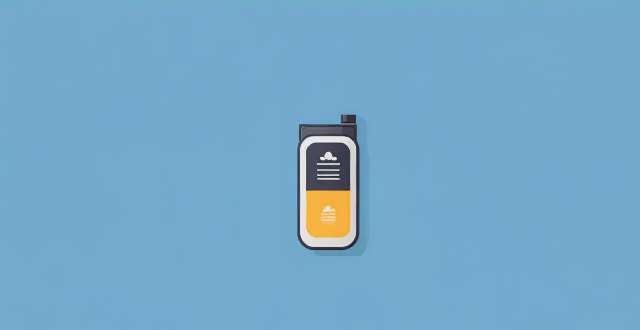Closing background apps can improve your phone's battery life, but the extent of improvement may vary. Apps running in the background consume resources and multitasking drains battery. By closing unnecessary apps, you reduce resource usage, extend standby time, and potentially improve performance. However, modern OS optimizations manage background apps efficiently, and reopening an app might use more power than leaving it suspended. Closing certain apps might disable real-time updates or notifications. To maximize battery life, close rarely used or high-energy-consuming apps, use built-in battery optimization tools, and monitor battery usage.

Can Closing Background Apps Really Improve My Phone's Battery Life?
Short Answer
Yes, closing background apps can improve your phone's battery life, but the extent of improvement may vary.
Long Answer
Why Close Background Apps?
Closing background apps is often seen as a way to conserve battery life on smartphones. This is because:
- Apps running in the background consume resources: Even when not directly in use, apps can still perform various tasks like syncing data, pushing notifications, or running location tracking services. These activities consume CPU cycles and keep the device awake, leading to increased energy usage.
- Multitasking drains battery: Smartphones are designed to handle multitasking, but having many apps open at once can put a strain on the system, causing it to use more power to manage all the processes.
Potential Benefits
1. Reduced resource usage: By closing unnecessary apps, you free up memory and processing power, which can lead to less frequent CPU wake-ups and reduced power consumption.
2. Longer standby time: With fewer apps running in the background, your device can enter a lower power state more quickly when not in use, extending the time before it needs to be charged again.
3. Improved performance: Fewer background apps mean there's less competition for system resources, potentially leading to smoother overall device performance.
Caveats and Considerations
- Modern OS optimizations: Many modern operating systems, like iOS and newer versions of Android, are optimized to manage background apps efficiently. They can suspend or limit app activity automatically to save power.
- Restart overhead: Sometimes reopening an app can use more power than just leaving it suspended in the background. This is because the app has to reload its state and any data it needs.
- Impact on features: Closing certain apps might disable real-time updates or notifications, affecting the functionality you expect from those apps.
- Psychological aspect: Some users find comfort in closing apps, even if the actual power savings are minimal. It gives them a sense of control over their device's battery life.
Best Practices
To maximize battery life without compromising usability, consider these practices:
- Close rarely used or high-energy-consuming apps: Focus on shutting down apps that you rarely use or know to be particularly power-hungry.
- Use built-in battery optimization tools: Many devices come with built-in battery optimization settings that can help manage app behavior in the background.
- Monitor battery usage: Check your device's battery usage stats to see which apps are using the most power and decide whether to close them manually or adjust their permissions.
In conclusion, while closing background apps can contribute to improved battery life, it's just one piece of the puzzle. A combination of strategic app management, utilizing OS optimizations, and understanding individual app behaviors will give you the best balance between extended battery life and seamless device usage.